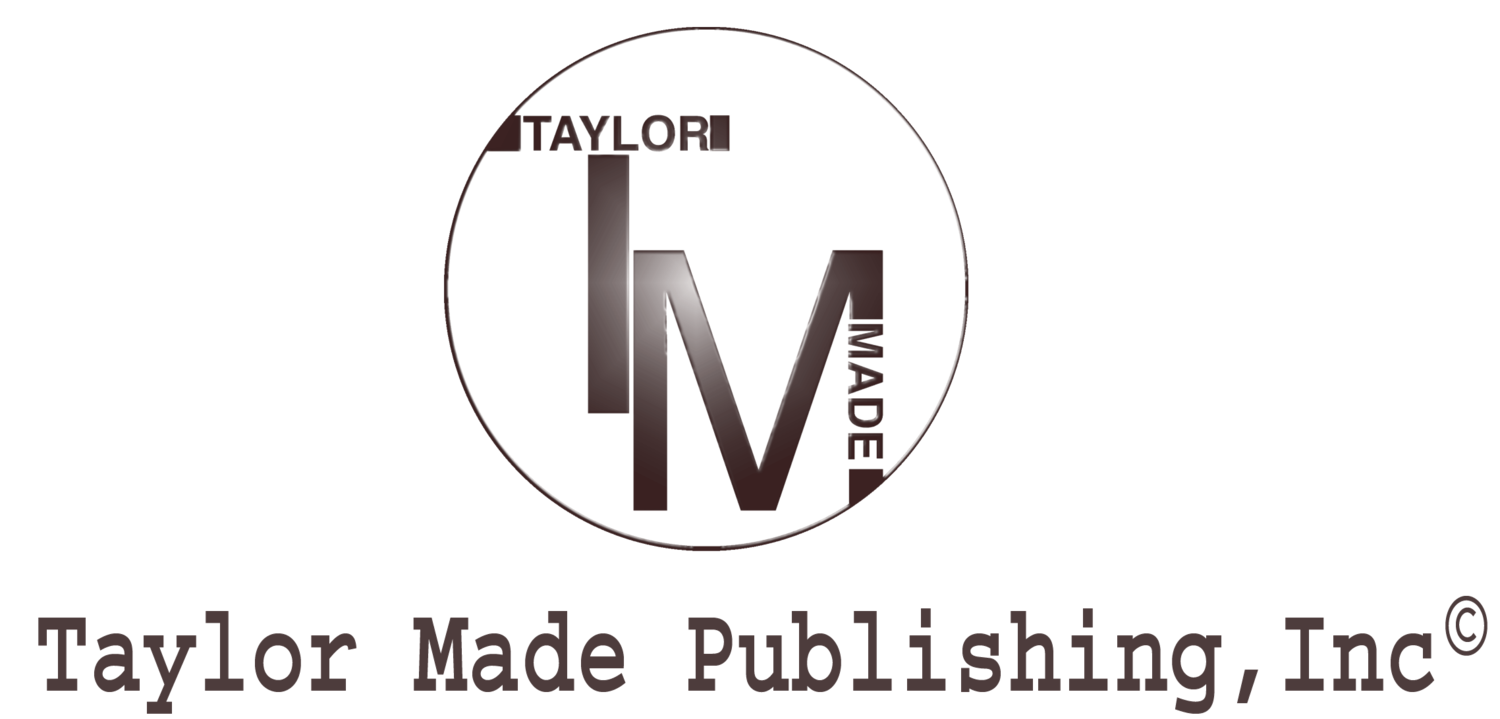Every day people call me for advice and information about publishing their stories. And every day I tell people the same thing: the main difference in self-publishing and having a publisher is ownership. When you decide to self-publish, you maintain the rights to your work. That means you get to decide the title, the cover design, the font, etc…The challenge with this is that most authors are unaware as to what font is most appealing, what cover design would best sell their book and what title is most descriptive and make it easier for potential readers to find them in a Google search.
But if you decide to go it alone here’s 5 Things You Must Do:
- Remember that self-publishing is a business. It requires a business plan, a tax id number, a logo, a brand and everything else to build a successful business. It also requires you to consider your book a tool in your shed, not just a meal ticket. Think of your platform of expertise first and sell your book to help validate you. Just being an author is not enough. Will you develop classes about your topic and sell your book as a take away for attendees? Are you a motivational speaker and your book is an additional resource for clients.
- Hire a reputable agency to prepare your manuscript for print. Even women who choose to birth babies at home, hire a midwife. Yes, there are upfront fees, but it will save you a lot of heartaches and headaches along the way. Plus, it’s worth having professional product that you are proud to share and sell. Remember it’s your name on the cover.
- Self-publishing is not for the faint at heart, but can be rewarding. Don’t be afraid of it, but please do your homework. Who’s your competition, what’s your pricing strategy?
- For goodness sake have a marketing plan. What happens after you’ve written the book and paid for your first run of the printed version? How are you going sell it? Author functions are great, but who’s attending other than other authors. Who’s your audience and how will you reach them? How’d you price your book? There are a lot of things for potential self-publishers to think about.
- Lastly, please be flexible. If you try something and you don’t get the results you were hoping for, try something else. If you attend an exhibitor at an event and the traffic isn’t what you expected, then introduce yourself to the other vendors and figure out how you can support one another in the future.
For more information about Taylor Made Publishing’s self-publishing services contact us at (252) 558-4722.

